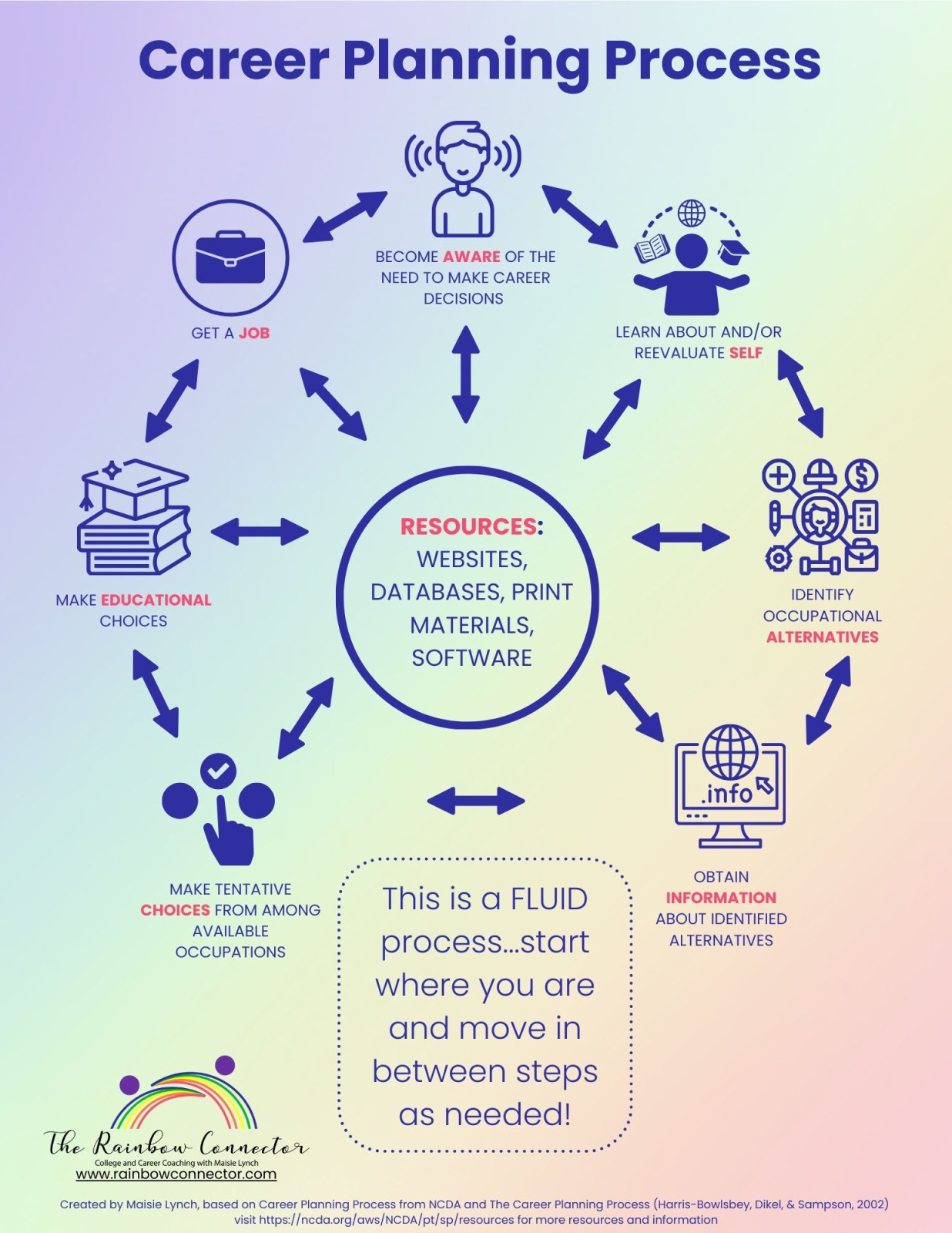
Hello and Welcome to Your Career Journey!
If you're an individual with one of the many neurodivergencies and feeling a bit overwhelmed by the thought of planning your career, you're not alone. Career planning can seem daunting, especially when dealing with executive functioning challenges. But fear not! This post, based on the National Career Development Association (NCDA) framework, provides you with an overview of the career planning process. If you don't have time to read the whole post today, scroll to the bottom for several resources to help you get started on your career planning journey! Take what works for you and leave the rest.
As you read, keep in mind that career planning is a very fluid, non-linear process. You may end up bouncing between steps and skipping some altogether. That is totally normal! The important thing is that you stay focused on your end goals and keep moving forward.
Step 1: Become Aware of the Need to Make Career Decisions
Why It's Important: Recognizing the need to make career decisions is your first step. It’s about understanding that you have choices and control over your professional future. This is your life and your journey. I am very much a "YOLO" (you only live once) girl! I'm not suggesting you take my approach to life, but, I am suggesting that you find a path that works for you.
Strategies: If you struggle with decision-making or feel overwhelmed by the options, that is OK, you are exactly where you should be. This can be an overwhelming process. Just start small. Reflect on your daily activities - what do you enjoy doing? What are you good at? This can be a starting point for considering potential careers. Even just 15 minutes a day of working on this can result in big changes in your life!
Resources: There are so many resources online. If you find one that you think might be good but want another set of eyes on it, feel free to reach out. You can contact me via my website at www.rainbowconnector.com. Online quizzes like 16Personalities can be fun and insightful. They help you understand your strengths and how they can translate into a career.
Step 2: Learn About and/or Reevaluate Self
Understanding Yourself: This step involves digging deeper into who you are - your interests, skills, values, and how your neurodivergent mind shapes your view of the world. If you are really struggling with seeing the big picture of what you might want to do, it could be worth taking some time to complete the autobiographical workbook "My Career Story" for life-career success by Mark L. Savickas and Paul J. Hartung. You can request a copy be emailed to you from my website here.
Tools for Self-Discovery: Tools like MyNextMove offer career exploration based on your interests. Journaling about your daily experiences can also provide insights into your preferences and skills. There are a lot of other tools out there. Feel free to reach out if you need help locating them, or, check out my resources page here.
Step 3: Identify Occupational Alternatives
Exploring Options: Now it’s time to look at the wide world of careers and see what aligns with your skills and interests. This is where you might start to feel really overwhelmed. Remember, we are going to take this one step at a time. As soon as panic sets in, take a deep breath and remind yourself that you only have to do 15 minutes of research today. And, it's totally OK if you start deep diving into something you find interesting, that's the whole point! This is not a marathon, work at your own pace.
How to Explore: Websites like O*NET Online allow you to explore different careers. Don’t limit yourself – the goal here is to broaden your understanding of what’s possible.
Step 4: Obtain Information About Identified Alternatives
Gathering Details: Once you have a list of potential careers, research each one. What does the job involve? What education or skills are required? What type of salary can you make? Are there opportunities for advancement? Come up with your own list of questions of things that are important to you when choosing a career.
Tools for Research: Informational interviews with people already doing the job you are interested in are a great way to learn about a career. We're calling them interviews here, but, don't freak out. They are just conversations. Use a format that you are most comfortable with. If you don't like talking on the phone, maybe you could text or email with the person. LinkedIn can also be a useful tool to connect with professionals in your areas of interest.
Step 5: Make Tentative Choices from Among Available Occupations
Narrowing Down: Based on your research, start narrowing your choices. Consider how each career fits with your personal and professional goals. Remember, as you enter different stages of your life, things might change. So, don't get yourself stressed out because this feels like such a huge decision. I'm only asking you to make your next decision right now. Remember, one foot in front of the other still leads to big changes.
Decision-Making Help: If making decisions is tough, try creating a pros and cons list for each option. We will go into more detail about making decisions in a future post.
Step 6: Make Educational Choices
Planning Your Education: Depending on your chosen career path, you might need specific training or education. Look into what’s required and what educational paths are available. You maybe be able to get these skills in an informal or formal manner. Reach out to me or another Career Service Provider if you need help understanding those options.
Finding the Right Fit: Websites like College Board can help you find colleges and training programs. Remember to consider accommodations you might need for your neurodivergence.
Step 7: Get a Job
Entering the Workforce: This final step involves creating a resume, applying for jobs, and going through interviews. If you've never done this, or feel overwhelmed or anxious over it, make sure to reach out to me. I can help you through all of this so you feel super ready and confident to go out on those interviews.
Job Search Tools: Use job search websites like Indeed or Glassdoor to find openings. Tools like Canva and Google Docs offer easy-to-use resume templates.
Interview Prep: Practice interviews with friends or family. Watch YouTube videos on interview techniques, especially those tailored for individuals with neurodivergencies like this one.
Throughout the Process: Seek Professional Guidance
Role of a Certified Career Services Provider: These professionals can guide you through each step. They offer personalized support, they can provide assessments, help you explore and narrow down career options, assist with educational planning, resume writing, and offer job search and interview strategies. You can book a free call with me at this link to see if I would be a good match to guide you through the process.
So, where do you start?
Begin by spending some time reflecting on what you enjoy and what you're good at. Take a personality test, read some articles, and maybe sketch out a simple plan or list of careers that interest you.
Remember, this is just the beginning. It's okay if you don't have all the answers right now. Career planning is a journey, and like any journey, it starts with a single step. And with each step, you'll learn more about yourself and the vast world of opportunities out there.
Career planning for individuals with neurodivergencies might have its unique challenges, but it's also filled with opportunities to explore and grow. By understanding yourself, using the resources available, and possibly seeking professional guidance, you can chart a career path that is not only fulfilling but also celebrates your unique perspective and talents. If you'd like a free consultation to see if I'd be a good match to guide you through this process, book a call with me today!
Stay tuned for more posts in this series where we'll dive deeper into each step of the career planning process. Here's to your success and the exciting journey ahead!
Resources and Tools to Consider
Career Exploration: O*NET Online
Educational Planning: College Board
Interview Preparation: YouTube videos, including specific ones for those with neurodivergencis like this one.
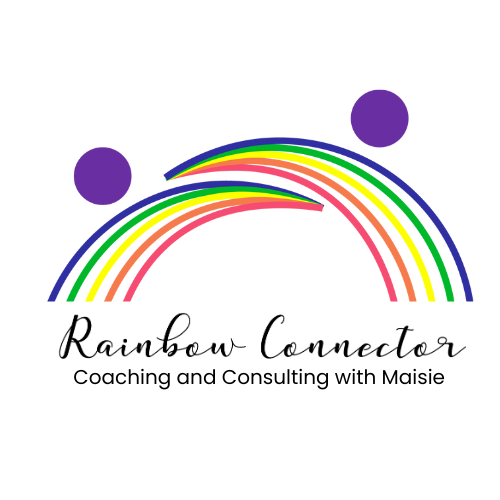
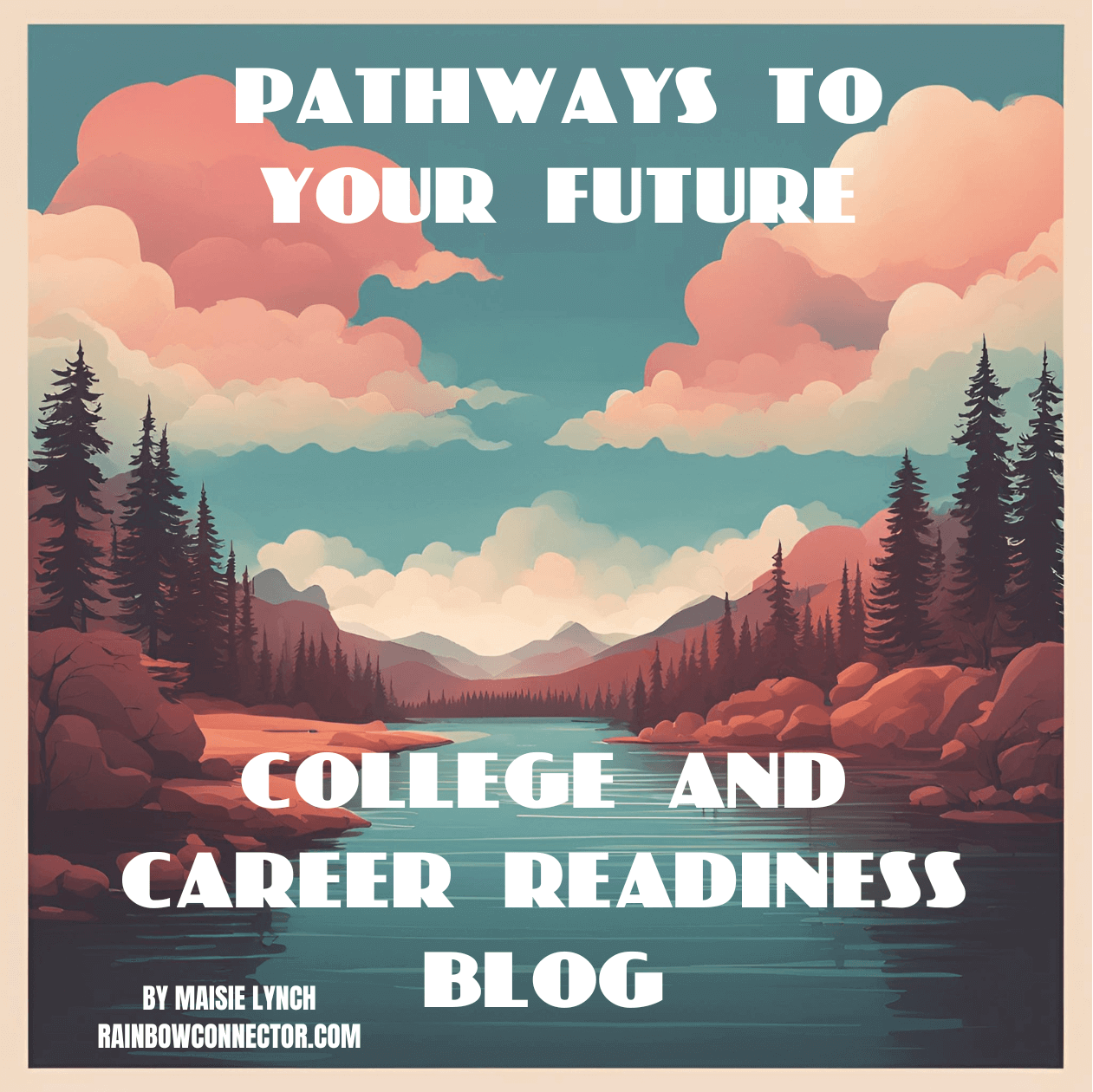


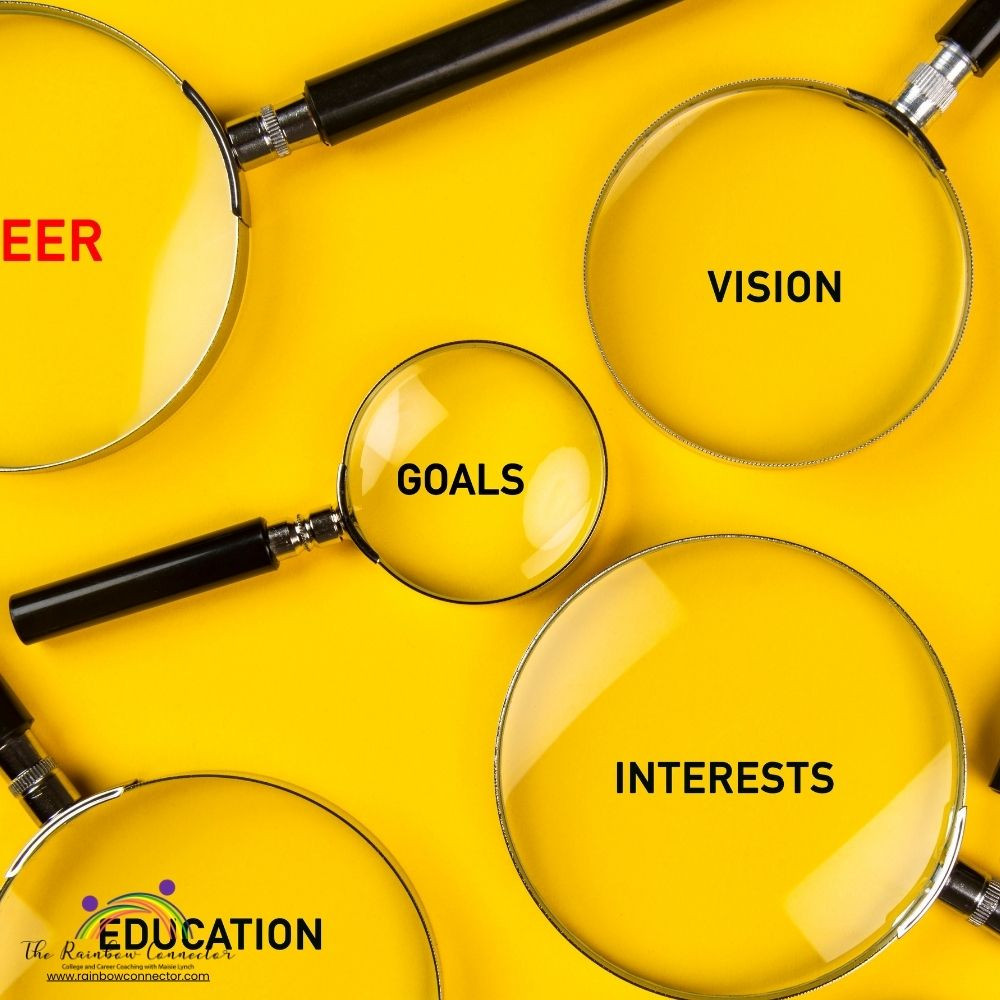







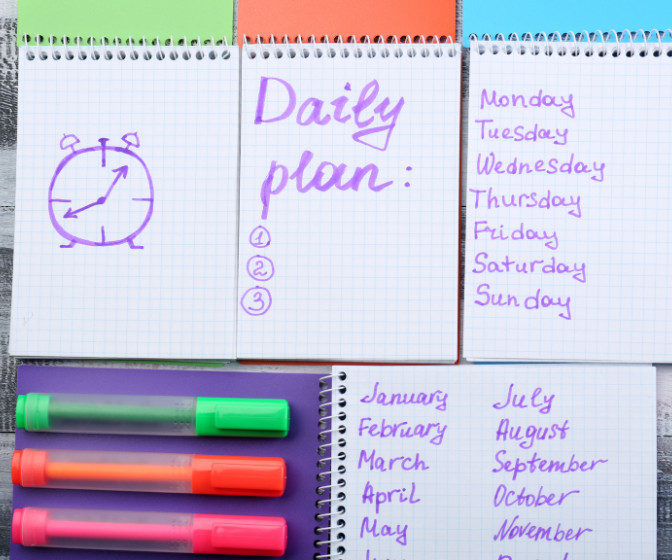






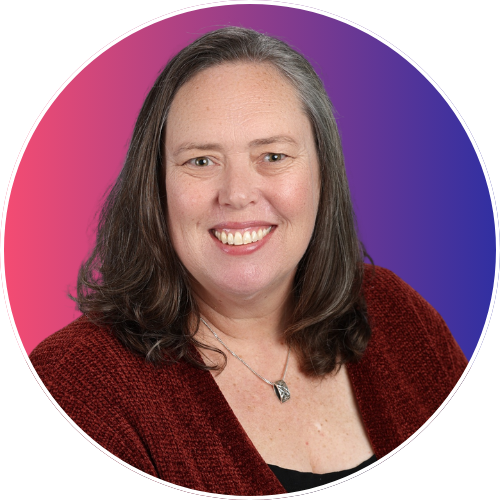
0 Comments